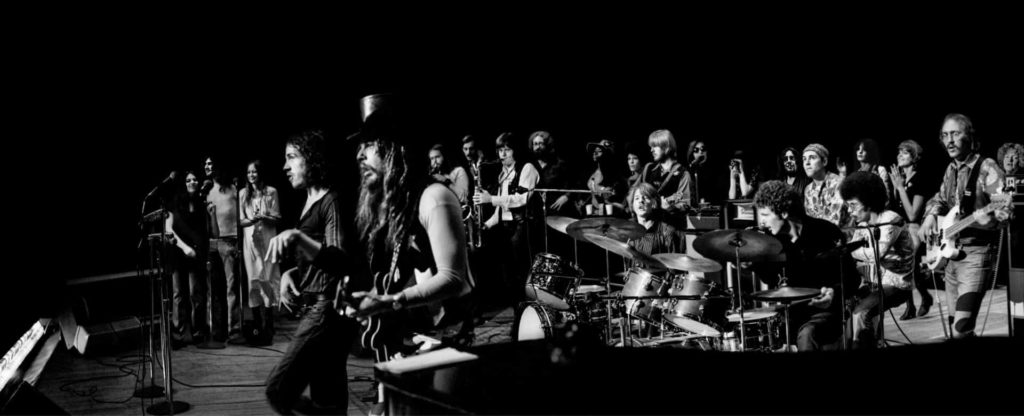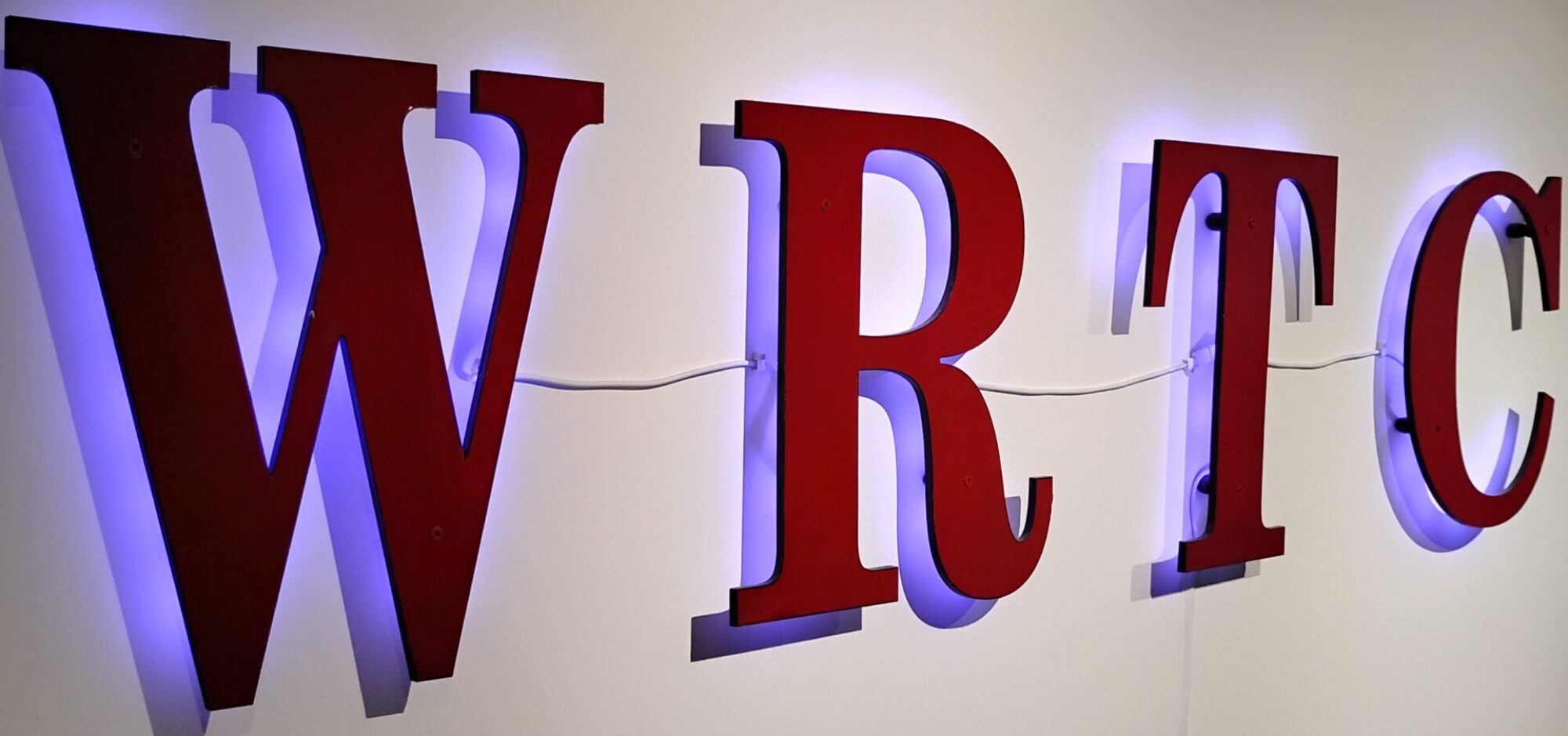The Feb. 17 edition of Greasy Tracks focused on the amazing, yet heartbreaking life of legendary drummer Jim Gordon.

Here’s the archive, while a playlist is here.
Guest Joel Selvin provided insight as he discussed Drums & Demons: The Tragic Journey of Jim Gordon (Diversion Books), the biography he penned, which comes out Feb. 27.
Renowned musicians King Errisson, Carol Kaye and Dave Mason shared thoughts on some of their experiences with Gordon in studio or on stage.
Selvin spent nearly 40 years as a columnist at The San Francisco Chronicle and has written 20-plus books. His work on Gordon is the first truly in-depth and empathic view of the late drummer’s life. Selvin was last on WRTC when he discussed Altamont: The Rolling Stones, The Hells Angels, and the Inside Story of Rock’s Darkest Day.
Foregoing a music scholarship at UCLA, Gordon went professional as he joined the Everly Brothers on a 1963 European tour. He was 17 and had just graduated high school.
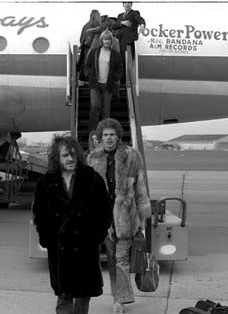
Living in the metro-Los Angeles area in the mid-1960s, Gordon quickly became a first-call session player as the recording industry went into overdrive on the West Coast. Gordon would play on some of the biggest records of the era.
He appears on classic tracks by The Beach Boys, Steely Dan, Eric Clapton, Sonny & Cher, John Lennon, George Harrison, Dave Mason, Joe Cocker, Carly Simon, Jackson Browne, Harry Nilsson, Ike & Tina Turner, Helen Reddy, Hall & Oates, Gordon Lightfoot, Maria Muldaur, Glen Campbell and even The Muppets, to name but a few.
Most people are unaware that the classic intro to The Incredible Bongo Band’s version of “Apache” — featuring Gordon and ace percussionist King Errisson — remains one of the industry’s most sampled tracks, especially by rap and hip-hop artists.
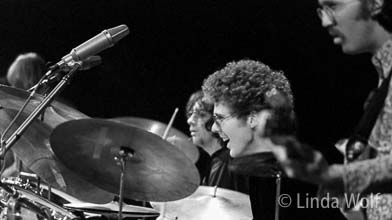
While studio work proved to be a great way to make a living for Gordon, who often garnered high union-scale pay for his services, the allure of playing on stage — especially as the live music industry was growing — was too tempting. By 1969, he was in the band backing Bonnie and Delaney Bramlett on the road.
A short stint with Delaney & Bonnie & Friends — which included such “friends” in various lineups as: Eric Clapton, George Harrison, Dave Mason, Bobby Keys, Jim Price, Carl Radle, Billy Preston, Bobby Whitlock and Rita Coolidge — led to Gordon’s next touring job.
Thanks to his friendship with Leon Russell, another young session player who was making a name for himself in L.A., Gordon joined Joe Cocker’s Mad Dogs and Englishmen lineup for which Russell was the music director.
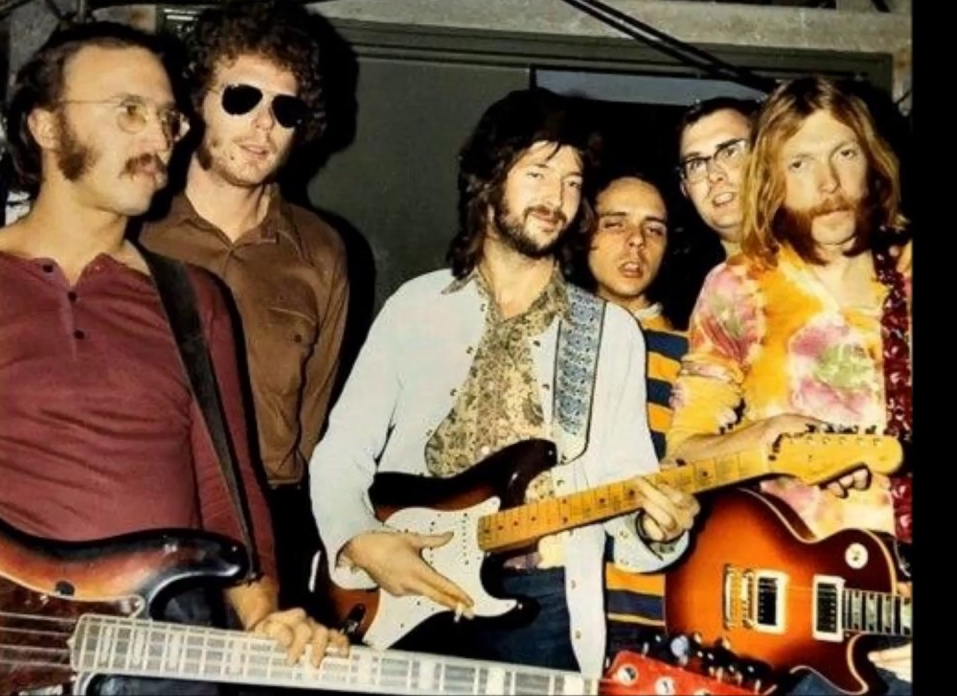
Radle, Keys and Price from the Delaney and Bonnie band were also included. The audacious tour was brilliantly chronicaled by photographer Linda Wolf in Joe Cocker Mad Dogs & Englishmen Memory Book and later, Tribute: Cocker Power.
While the Mad Dogs and Englishmen tour provided incredible live performances, the oft-not spoken about background of the proceedings from beginning to end, was far darker and at times downright menacing.
In 1970, Cocker was at the top of his performing life and riding a wave of fame following his appearance at Woodstock only a few months earlier. Whether it was due to U.S. immigration insisting that he had to tour or lose his work visa or heavies in the criminal underworld — long attached to the music industry — pushing him to tour, Cocker tabbed Russell to put a band together.
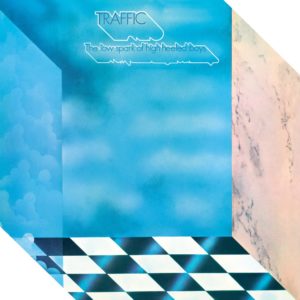
Russell had only a week to get a 10-piece band and 10 back-up singers — nicknamed the Space Choir — ready for a run of 48 dates across the U.S., including a stop at The Bushnell Memorial Hall in Hartford.
The pace of the tour — combined with the voracious appetite for drugs and alcohol for much of the traveling group — was compounded by Gordon’s then-undiagnosed acute paranoid schizophrenia.
Following the breakup of Blind Faith, which Delaney and Bonnie supported on its only U.S. tour, Clapton. who sat in with the Bramlet’s frequently, joined the band for a spell before putting together what would become Derek and the Dominos.
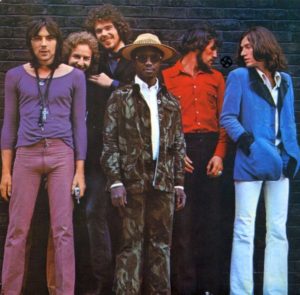
Having played with Radle and Whitlock in Delaney and Bonnie’s band, Clapton started piecing together the new group. It wasn’t until they went into the studio to back George Harrison for his three-record masterpiece, All Things Must Pass, did Gordon become the drummer for the band.
A heavily drug- and alcohol-fueled Derek and the Dominos toured; recorded Layla and Other Assorted Love Songs (with Duane Allman); went back on the road and then made a stab at recording a follow-up before breaking up.
Gordon literally went from being in the studio with Derek and the Dominos to joining Traffic to record the pivotal Low Spark of High-Heeled Boys. He and bassist Ric Gretch co-wrote the lone single from the album, “Rock and Roll Stew”.
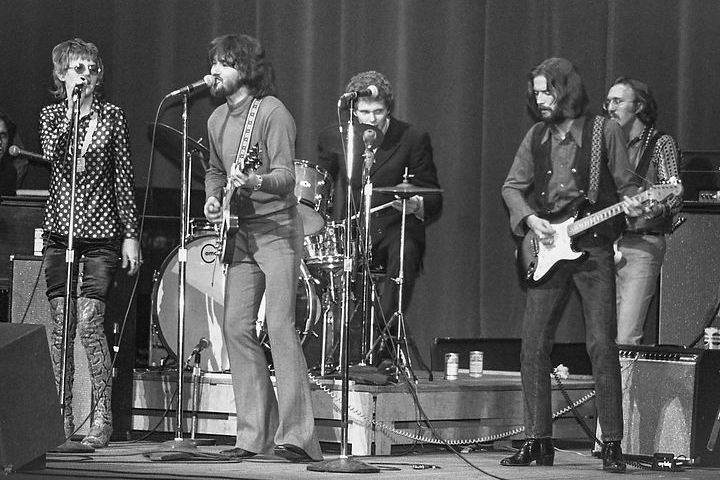
After leaving Traffic, Gordon continued to do studio work and, in addition to being part of Frank Zappa’s Petit Wazoo and Grand Wazoo tours, also supported others on the road.
Tragically, Gordon’s mental health continued to decline as “the voices” grew louder and his drug/alcohol intake wreaked havoc on his life.
Urged by his mother Osa, Gordon sought help and did a series of stays in rehabilitation centers, each failing to properly diagnose and treat his conditions.
In 1983, during a psychotic episode, Gordon killed his mother. A year later, he was convicted of second-degree murder and sentenced to 16 years to life — unable to use an insanity defense at the time due to a recent change in California law.
Despite coming up for parole a number of times, Gordon never attended a parole hearing. He died March 23, 2023, spending the final 40 years of his life in prison.
